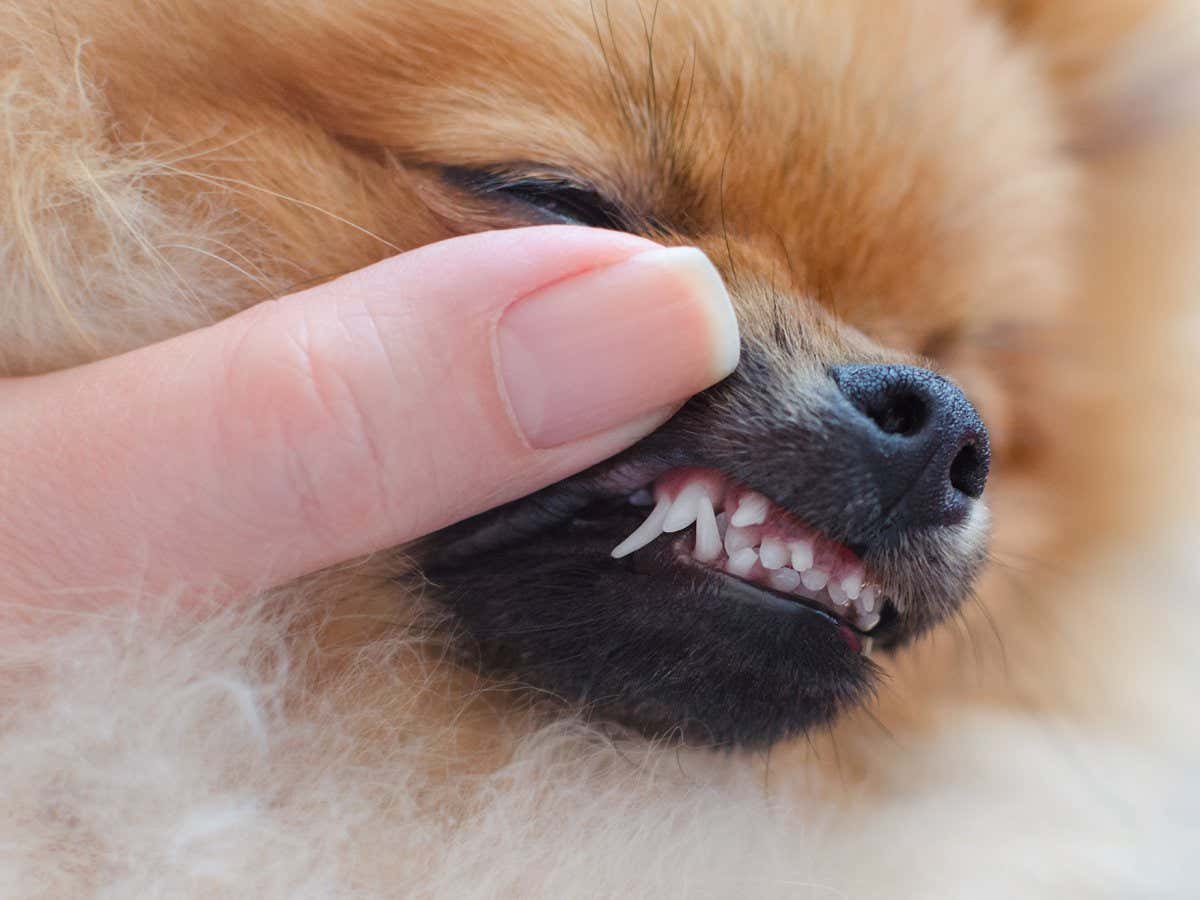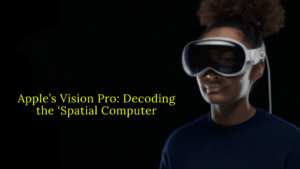
Little “toy” breeds, according to new research, frequently have bent over teeth like sharks’ mouths. New examination distributed in the diary ‘Exploration in Veterinary Science’ shows that seven percent of pet canines, generally more modest varieties, display the condition known as tenacious deciduous teeth.
Shark teeth
This happens when a canine’s child teeth stay in the jaw, near the grown-up teeth, rather than dropping out, making lines of teeth looking like those of sharks.
To investigate this bizarre peculiarity, Corrin Wallis and her group at the Waltham Petcare Science Establishment in Leicestershire, UK, broke down records from 2.8 million thoroughbred canines in the US from veterinary visits between January 2010 and December 2014
Also Read | Unveiling Apple’s Vision Pro: Decoding the ‘Spatial Computer
After sorting 60 varieties into six size gatherings, going from extra-little (under 6.5 kg) to extra-enormous (north of 40 kg), they found that around 15% of extra-little canines had shark teeth, contrasted with short of what one percent of canines in classes heavier than 15 kg.
Among toy breeds, Yorkshire terriers, toy poodles, Malteses, and chihuahuas showed the most noteworthy commonness of these “shark teeth” — Yorkshire terriers had the most elevated at 25%.
In examination, Greyhounds had the most reduced frequency across all varieties at simply 0.1 percent

Table of Contents
ToggleWhy do dogs possess ‘shark teeth’?
As per the group of specialists, the higher predominance of shark teeth in more modest varieties could be because of their more modest mouths.
Dan O’Neill at the Illustrious Veterinary School in London recommended that extremely short-nosed canines were almost multiple times as liable to have shark teeth as those with normal nose lengths.
Shark Teeth’: A New Discovery in Toy Breed Dogs
FaQ section
What is the phenomenon of “shark teeth” in dogs?
- “Shark teeth” in dogs refer to a condition where a dog’s baby teeth do not fall out as they should, causing them to have double rows of teeth similar to those of sharks.
What percentage of pet dogs, particularly smaller breeds, exhibit the condition of persistent deciduous teeth?
- About seven percent of pet dogs, especially smaller breeds, display the condition of persistent deciduous teeth.
What research revealed insights into the prevalence of shark teeth in dogs?
- Research published in the journal ‘Research in Veterinary Science’ shed light on the prevalence of shark teeth in dogs, conducted by Corrin Wallis and her team at the Waltham Petcare Science Institute in Leicestershire, UK.
How did the researchers analyze the prevalence of shark teeth in dogs?
- The researchers analyzed records from 2.8 million purebred dogs in the US from veterinary visits between January 2010 and December 2014 to determine the prevalence of shark teeth across different breeds and sizes.
Which size group of dogs showed the highest prevalence of shark teeth?
- Among the size groups, extra-small dogs (weighing under 6.5 kg) showed the highest prevalence of shark teeth, with around 15% exhibiting the condition.
Which toy breeds showed the highest prevalence of shark teeth?
- Toy breeds like Yorkshire terriers, toy poodles, Malteses, and chihuahuas showed the highest prevalence of shark teeth, with Yorkshire terriers having the highest incidence at 25%.
What breed showed the lowest prevalence of shark teeth?
- Greyhounds exhibited the lowest prevalence of shark teeth across all varieties, with only 0.1 percent showing the condition.
What factors contribute to the higher prevalence of shark teeth in smaller dog breeds?
- Smaller mouth sizes in smaller dog breeds are a contributing factor to the higher prevalence of shark teeth, according to experts.
What association did researchers find between obesity and shark teeth in dogs?
- Researchers found that shark teeth were 11% more common in overweight dogs, suggesting a potential association between obesity and the condition.
What recommendation do experts make regarding persistent deciduous teeth in dogs?
- Experts recommend regular veterinary check-ups for dogs to detect persistent deciduous teeth and suggest the removal of “shark teeth” to prevent complications.


